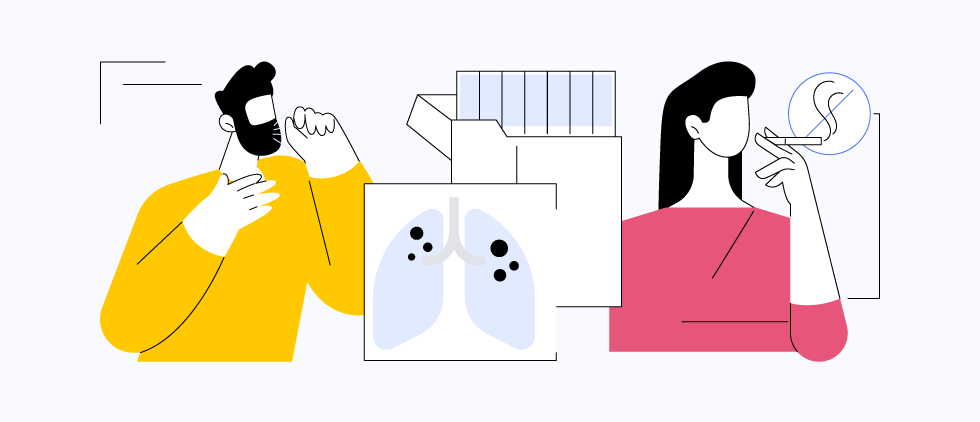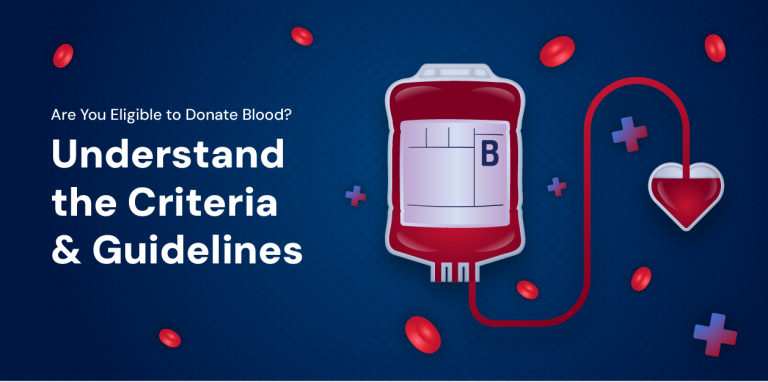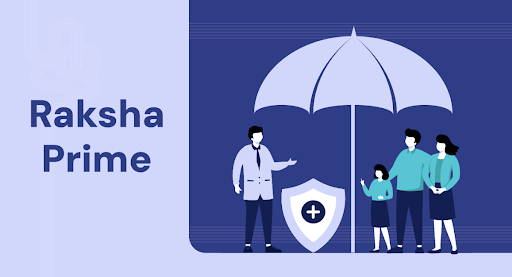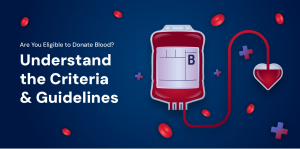Why do many people feel uncomfortable around smokers? Well, it is their body trying to warn them against the potential health hazards of secondhand smoke (SHS). Though not considered as harmful as direct smoking, breathing in the fumes, as secondhand smoke, can cause significant health issues.
The SHS that you breathe in is a mixture of smoke from burning tobacco products (such as cigarettes, hookahs and pipes) and the smoke exhaled by smokers. It causes an estimated 600,000 premature deaths a year — with women making up the majority. This is because tobacco smoke contains hundreds of toxic chemicals (70 of which can cause cancer) and people who breathe in SHS are equally affected by these.
Studies indicate that exposure as brief as five minutes can cause inflammatory and respiratory problems. Plus, SHS can stay in a room for about five hours and travel through stairwells and ventilation units, making people in the same building vulnerable — along with, say, staff at restaurants and pubs, and those in public smoking areas.
Effects of SHS on the Body:
SHS exposure has slow and chronic effects on the body. The arteries become less flexible after five minutes. Within half an hour, blood starts to become sticky, leading to blood clots that eventually increase the chances of a heart attack and stroke. And within two hours, the heart develops arrhythmia (irregular heartbeat) in some people, which can trigger heart problems.
The other effects of SHS include:
- Prolonged exposure, in adults, leading to coronary heart disease, stroke, lung cancer, and premature death.
- Adverse effects on the fetus, in pregnant women, such as low birth weight or premature birth.
- Developmental abnormalities, in children, as their bodies are still growing. They tend to develop respiratory infections (like bronchitis and pneumonia), ear infections, asthma and slow lung growth.
- In babies, SHS can cause sudden infant death syndrome (SIDS).
How to shield yourself from SHS?
Here are some simple tips to protect yourself from the harmful effects of SHS:
- Since toxic SHS lingers in the air and poses a huge health hazard. It is best to avoid exposure. So, keep away from smokers and avoid smoking zones.
- Establish firm boundaries and discourage family, friends and colleagues from smoking in shared spaces — especially at home or in the car.
- Try to keep windows and vents open. Although they don’t remove all the smoke, they can still reduce the levels of toxins. If creating or maintaining a smoke-free environment is challenging, use high-quality air purifiers and ventilators to push out smoke and reduce the concentration of SHS. Air purifiers with HEPA (high-efficiency particulate air) filters capture fine particles found in tobacco smoke.
- Advocate for smoke-free public places such as parks, restaurants and public transport. Support smoke-free laws and encourage people to join smoking cessation programmes, nicotine replacement therapies and counselling services to kick the habit.
- Prioritize your health and well-being by abstaining from smoking and setting a positive example for people around you.
The threat posed by SHS may seem subtle, but its impact is as real and far-reaching as smoking itself. Make sure you don’t falter in your resolve to confront it head-on.
-Content partner Happiest Health







